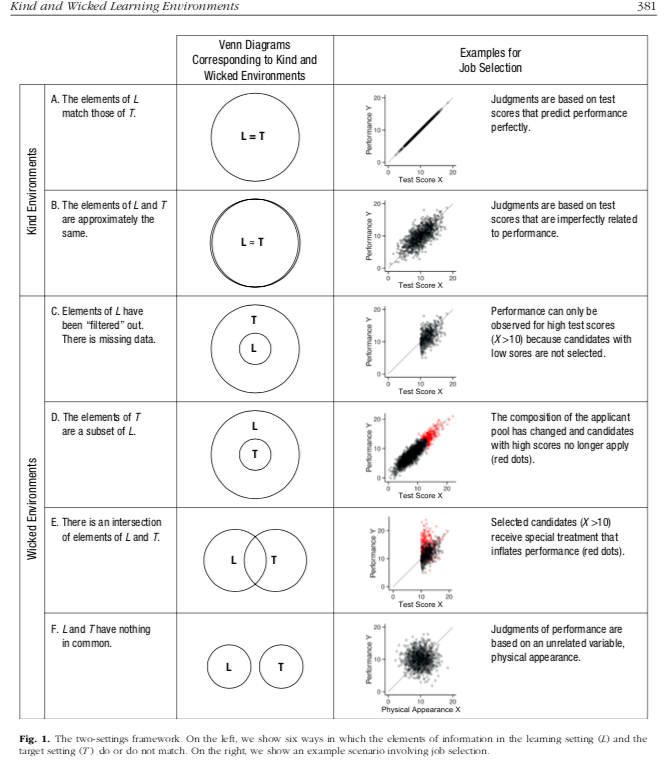Why should we use Category Theory where a "normal" math would do?
My main motivation, in Kant's language, is
Apodeictical: CT is fundamentally visual, therefore we can clearly demonstrate mathematical concepts to people who have trouble grasping "normal" math language. We know from psychological studies that the right visual representation improves problem understanding and solving from 10 to 100 times. Unfortunately, our standard modes of explanation and testing for intelligence are skewed toward algebraic and linguistic expressions, mostly because they are easier for multiple choice problems. As the result, we waste a powerful communication channel and we put at a disadvantage people who have high visual intelligence.
By contrast with programming, where the emphasis is on performance rather than explanation, in natural and artificial sciences the need for communicating concepts is essential to the success of a theory and its models. Furthermore, in this field of inquiry concept construction is often more important than actual computation. Therefore, adoption of CT for developing ideas should be promoted in fields where analytical results have to be aligned with the need to communicate them to lay people who may lack in math background, but have plenty of smarts and practical experience.

